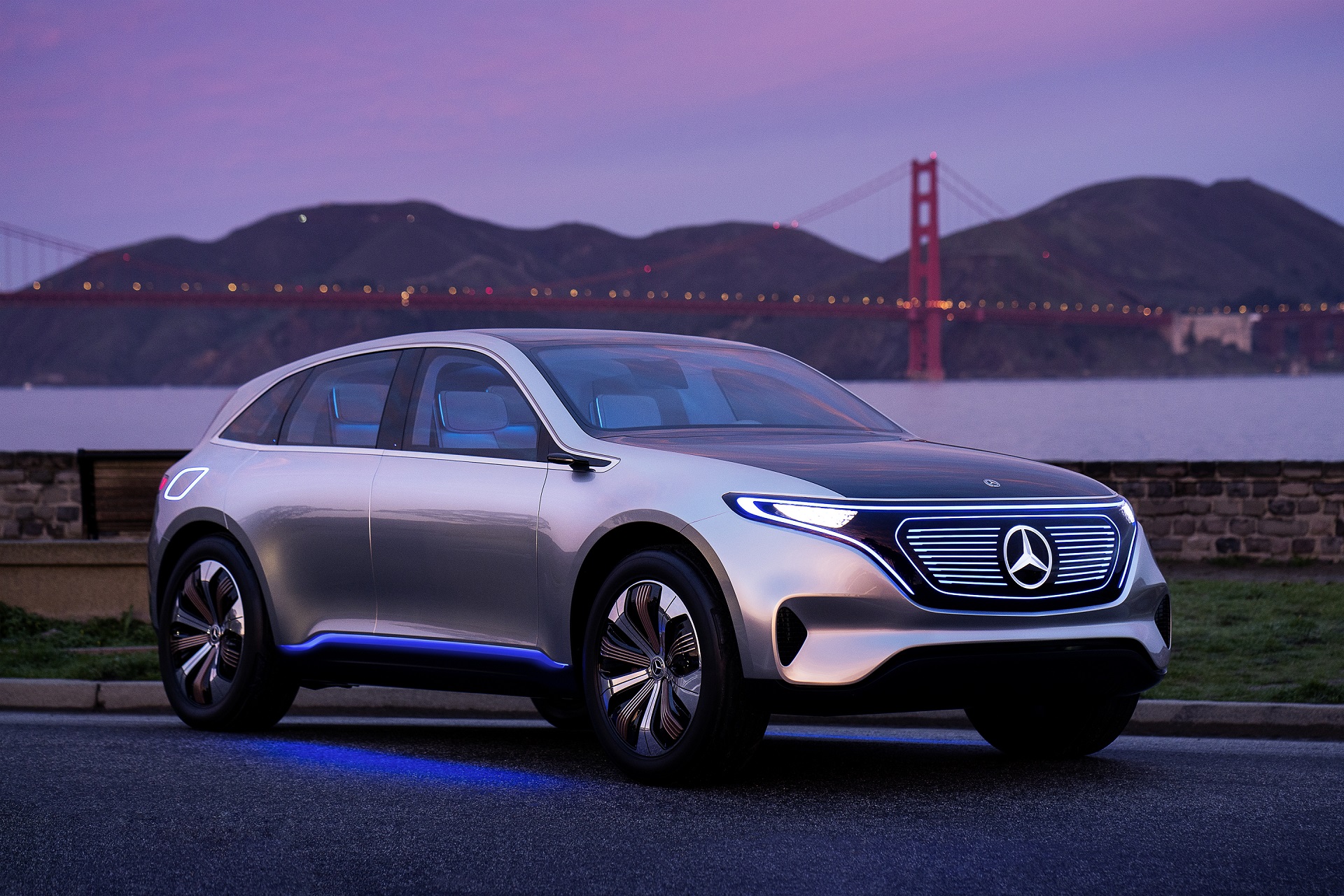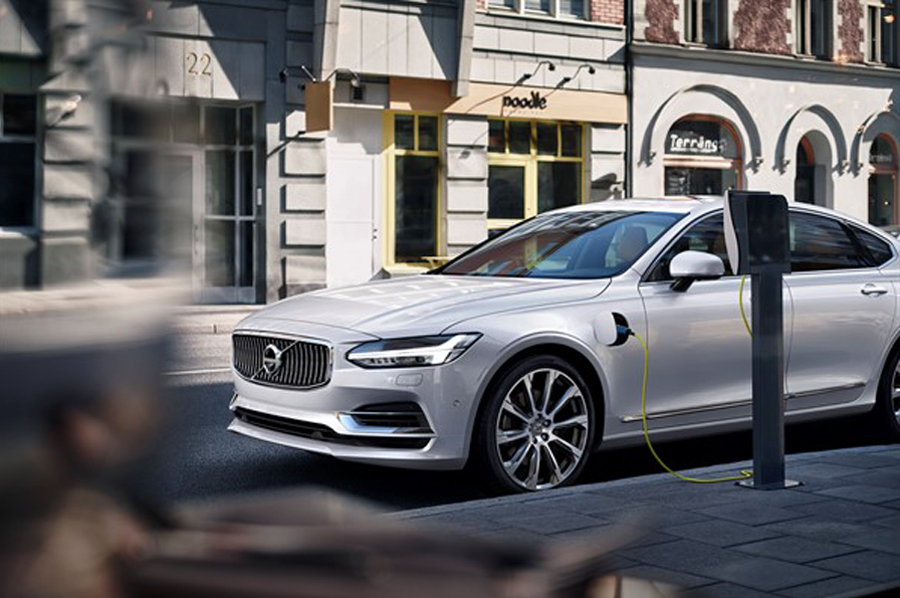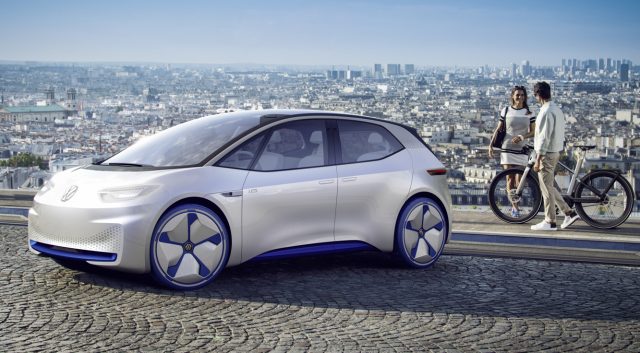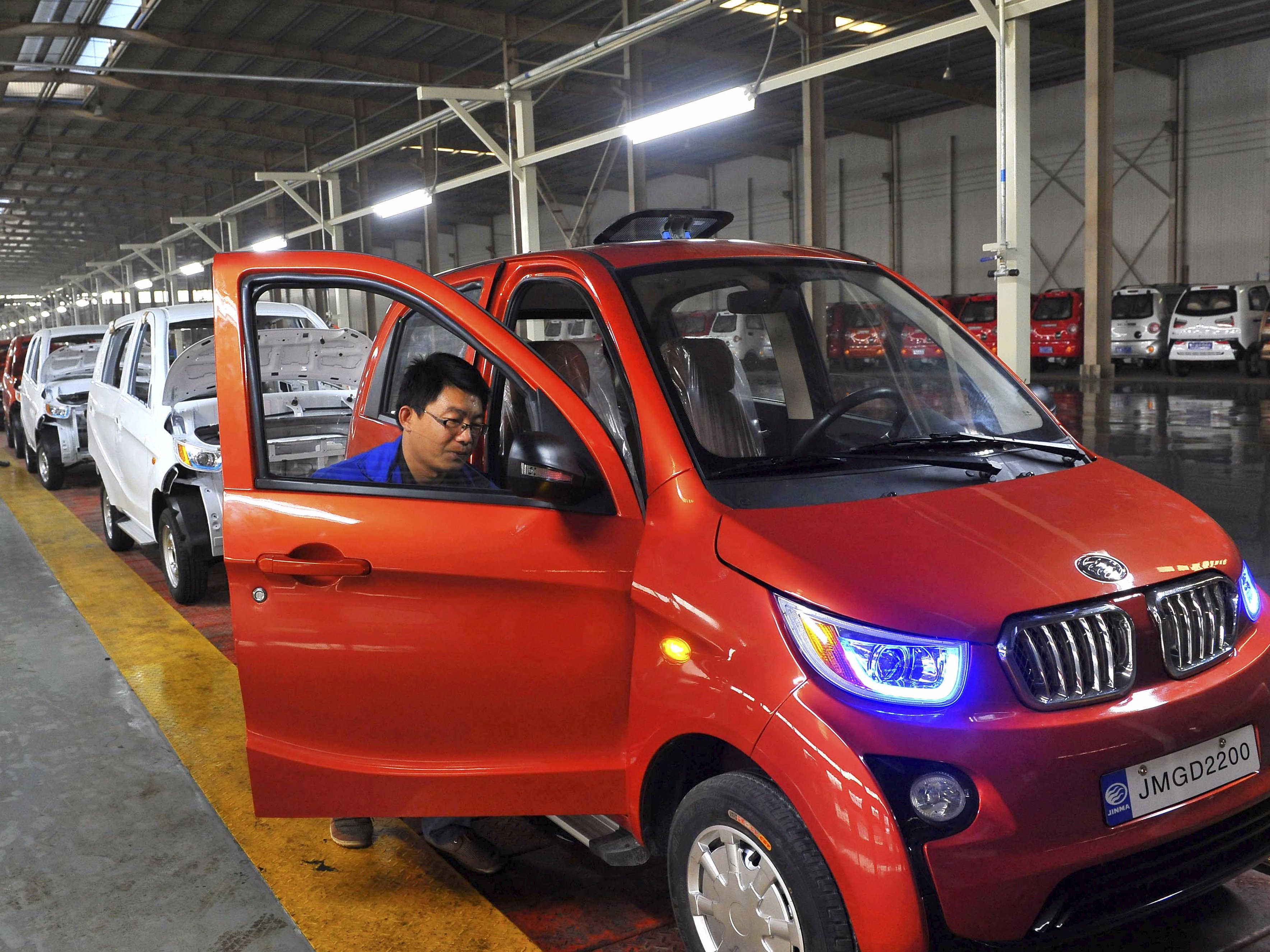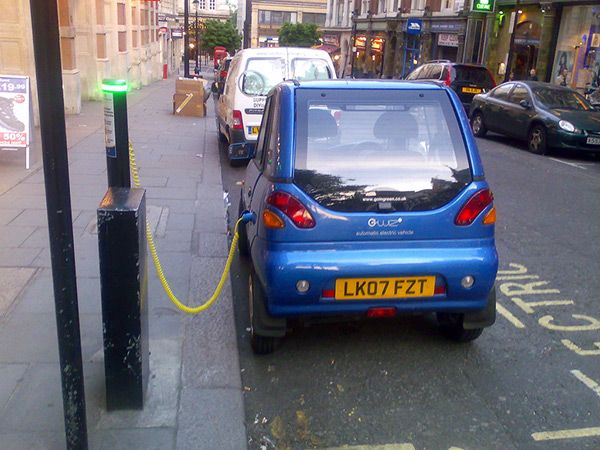Every sign points to the end of fossil fuels, at least for use in cars. On September 11, 2017, Mercedes-Benz announced that they will electrify their entire car lineup by 2022.
That announcement came only one day after China announced that they were considering a ban on all fossil fuel cars at some date in the future. France and Britain also announced recently that they would outlaw cars that run on gas by 2040.
Mercedes-Benz isn’t alone. Volvo, Ford (with their Lincoln brand to start), and Volkswagen have all set deadlines for the lineups.
It seems, the end is nigh for the automotive corner of the fuel industry, but yet don’t cancel your membership to Greenpeace. Actually, go ahead and cancel. It seems they aren’t going to move the needle as fast as big governments and luxury car manufacturers.
The sobering reality about these announcements is that they don’t mean an end to pollution. Electric cars still contribute a negative carbon footprint of humanity, albeit potentially smaller.
Charging car batteries from coal-burning power plants is a step backward on pollution. Also, those spent batteries have to go somewhere, not to mention the moving parts of cars which require certain petroleum products for now.
Ridding the world of the gasoline engine may not solve the total negative impact of car production on the environment, but it will soon change everything we once knew about cars.
Mercedes-Benz
Let’s get this out: talk is cheap. Benzo can say all day long what they plan to do by 2022.
In 2009, Costa Rica announced the country would go carbon neutral by 2021, but then recanted after a new president considered the reality of that possibility. The new goal is by 2085. That’s a far cry from 2021.
The current leadership of Mercedes Benz can say whatever they want about 2022, especially if they plan to retire in the next couple of years.
Also, before any current five-year college freshmen out there imagine an all-electric Mercedes graduation gift, get this: Mercedes-Benz chief Dieter Zetsche didn’t say they would rid the planet of internal combustion.
He promised is to offer hybrid or electric vehicles by 2022.
Volvo
If the promises from Benzo get you pumped up, check out Volvo’s recent promise.
Always ahead of the hippie curve, Håkan Samuelsson, the Volvo chief executive, announced in July that the brand would go all electric, but by 2019. That’s two years from now!
Again, like Mercedes, they could change course before then, but with Volvo, we expect they will make it happen. In fact, many car fans wonder why they’re not there already.
Volkswagon
The day after Mercedes made their proclamation, the company wrapped up in much diesel drama this past year announced they too will join the electric fight.
Veedubs promise, surprisingly, is the softest commitment yet for an auto manufacturer, leading one to believe it will morph in time.
By 2040, they’ve pledged they will invest $84-billion to make electric options available for every model.
China
The promise from China is less… promising. The country who leads the world in automobile sales knows they could have an impact.
Last year they sold 28.03-million vehicles, 13.7 percent up from two years prior. Like most developed countries, China has tried to incentivize hybrid and EV sales, but we can see what impact these programs have by looking closer to home.
The impact is small. China has committed to making a bigger impact per their signing of the 2016 Paris Agreement, but they’re not ready to commit a deadline.
If things keep going the way they are with automakers moving that way, China might not have to do anything.
They plan to announce a date as soon as they can commit to one.
Europe
In July, Britain announced a slightly different strategy. Borrowing from a similar announcement made by the French, England will ban all petrol-burning cars by 2040.
The British leadership believes that fuel-burning cars possess the largest environmental risk to public health in the UK, costing up to $3.6-billion in lost productivity per year.
Whether or not legislators can keep their foot on the gas pedal for this deadline is a matter the British government agreeing on all parts of the plan.
That said, the idea is out there. Some version of it is going to happen.
No word yet from the United States on the matter and likely none will rise up considering the current administration’s philosophy on regulations.
If enough countries and manufacturers actually move the needle, however, the U.S. may not need to do anything except try to keep up or get out of the way.
Source: techcrunch.com


